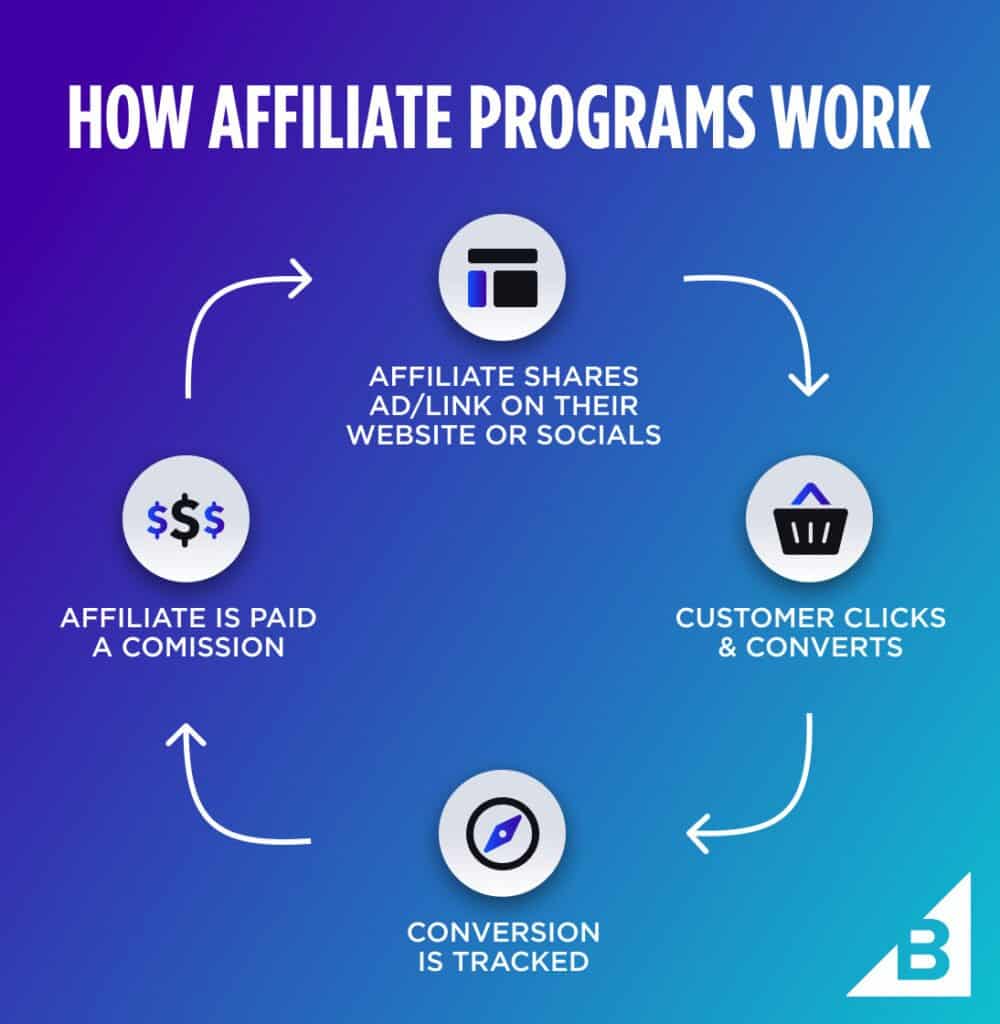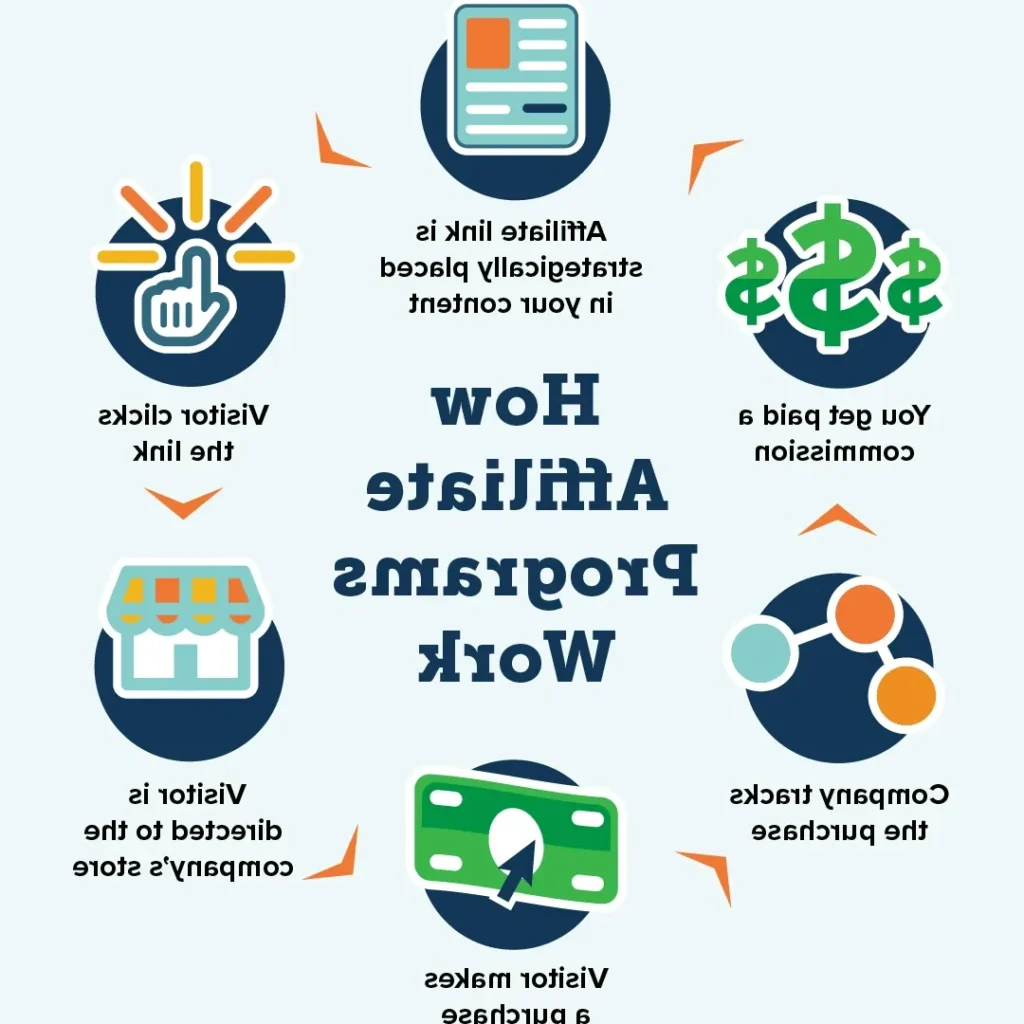So you want to dive into the world of affiliate marketing and make some serious gains? Well, choosing the right niche is the crucial first step towards achieving maximum success. But with so many options out there, how do you find a niche that not only aligns with your interests but also offers lucrative affiliate programs? In this article, we’ll guide you on how to select a profitable niche that can provide you with endless opportunities to earn big through affiliate marketing. Get ready to unlock your potential and embark on a profitable affiliate journey like never before.



Understanding the Basics of Affiliate Marketing
Affiliate marketing is a popular online business model where individuals, known as affiliates, promote the products or services of other companies and earn a commission for each sale or action generated through their referral. It is a performance-based marketing strategy that benefits both the affiliates and the companies they partner with.
Affiliates join affiliate programs, which are set up by businesses to track and manage the performance of their affiliates. These programs provide affiliates with unique tracking links, banners, and other promotional materials to promote the products or services effectively. The clients or customers who purchase through these affiliate links are attributed to the affiliates involved, and they earn a commission based on their performance.
To better understand this concept, let’s consider an example. Suppose you have a blog about fitness and health. You find an affiliate program for a popular nutrition supplement brand and decide to become an affiliate. The brand provides you with a unique affiliate link that you can place on your blog posts or social media platforms. When your readers or followers click on the link and make a purchase, you earn a commission for driving that sale.
Identifying the Importance of Selecting a Profitable Niche
In affiliate marketing, selecting a profitable niche is crucial for maximizing your potential earnings. A niche refers to a specific segment or topic within a broader industry. Instead of targeting a broad category, focusing on a niche allows you to cater to a specific audience and meet their specific needs.
Choosing a profitable niche ensures that there is a sufficient demand for products or services within that niche. It also helps you stand out from the competition and establishes you as an authority in your chosen area of expertise. When you specialize in a niche, you can better understand your target audience’s pain points and provide them with tailored solutions.
On the other hand, selecting an unprofitable niche can lead to a lack of demand or fierce competition, making it challenging to generate significant affiliate gains. It is essential to thoroughly evaluate and research potential niches to ensure their profitability before diving into affiliate marketing.
Evaluating Profitability of a Niche
Understanding the concept of niche profitability is crucial when selecting a niche for your affiliate marketing endeavors. Niche profitability refers to the potential for generating substantial income within a specific market segment. While there is no guaranteed formula for predicting profitability, certain factors can give you insights into the potential earning capacity of a niche.
To evaluate the profitability of a niche, you can consider factors such as market size, competition level, growth trends, and consumer demand. A large market size indicates the presence of a broad customer base and higher potential for sales. However, high competition in a particular niche can make it more challenging to succeed as an affiliate.
Growth trends are also significant indicators of a niche’s profitability. If a niche is experiencing consistent growth or if there is an emerging trend within a specific industry, it presents lucrative opportunities for affiliates. Understanding consumer demand is crucial as well since products or services that solve pressing problems or fulfill popular desires are more likely to be profitable.
Researching and Reviewing Potential Niches
When it comes to finding new niches for affiliate marketing, conducting thorough research is of utmost importance. Start by brainstorming potential ideas based on your interests, hobbies, or areas of expertise. Consider niches that align with your passions, as this will make your affiliate marketing journey more enjoyable and sustainable in the long run.
Once you have a list of potential niches, it is essential to conduct competitive analysis. Analyze existing affiliates and brands in those niches to understand their strategies, promotional methods, and product offerings. This analysis can provide insights into what works and help you identify unique angles to differentiate yourself from the competition.
Market research is also crucial during the niche selection process. Identify target audience demographics, trends, and the overall demand for products or services within the niche. This information will help you assess whether there is a sustainable market for your chosen niche and whether it aligns with your profitability goals.

Choosing a Niche Based on Interest and Knowledge
While profitability is a crucial factor in niche selection, it is equally important to choose a niche that aligns with your personal interests and knowledge. Pursuing a niche solely for its profitability may lead to burnout and lack of motivation in the long run. When you are genuinely passionate about a niche, it becomes easier to create engaging content, connect with your audience, and sustain your affiliate marketing efforts.
Consider your hobbies, skills, and practices when choosing a niche. If you have expertise in a specific area or enjoy a particular activity, it presents an opportunity to leverage your knowledge and passion to offer valuable content to your audience. This expertise also helps establish your credibility and positions you as an authority within your chosen niche.
Balancing profitability with personal interest can be challenging at times, but it is not impossible. Look for niches that have both demand and align with your personal interests, as finding the right balance can significantly contribute to your long-term success as an affiliate marketer.
Assessing Market Demand and Competition in a Niche
Market demand is a significant factor to consider while choosing a niche for affiliate marketing. High market demand indicates that there is a considerable audience actively seeking products or services within that niche. This provides an opportunity for affiliates to tap into a readily available customer base and generate substantial earnings.
However, it is important to evaluate the competition within the chosen niche. A highly competitive niche may already have well-established affiliates and brands that dominate the market, making it more challenging to gain traction. On the other hand, a low-competition niche might indicate a lack of demand or insufficient market potential.
Finding the right balance between market demand and competition is crucial. Look for niches that have a healthy demand but with fewer dominant players, allowing you to carve out your space and establish a strong presence. Understanding the dynamics of market demand and competition will be key in selecting a niche with optimal earning potential.
Leveraging Large Affiliate Programs for Maximum Gain
Partnering with large affiliate programs can offer significant benefits for affiliate marketers. These programs are often backed by reputable companies with established brands and customer trust. As a result, the products or services offered through these programs tend to have broader recognition and appeal to a wider audience.
One advantage of partnering with large affiliate programs is that they often have higher commission rates. These programs can negotiate better deals with advertisers due to their scale and leverage, allowing affiliates to earn more substantial commissions per sale or action.
Additionally, large affiliate programs provide affiliates with a wealth of resources such as marketing materials, training, and support. This support can be invaluable, especially for beginners, as it helps them navigate affiliate marketing effectively and maximize their potential earnings.
Developing Your Affiliate Marketing Plan
To succeed in affiliate marketing, it is essential to have a well-thought-out plan that aligns with your goals and objectives. Setting realistic goals helps you stay focused and motivated throughout your affiliate marketing journey. Whether it’s earning a specific amount of passive income or becoming an influencer in your niche, clearly defining your objectives can guide your strategy.
Creating a marketing strategy is the next step in developing your affiliate marketing plan. This strategy should outline the promotional methods, platforms, and channels you will utilize to reach your target audience. It should also consider the unique selling points of your chosen niche and how you plan to position yourself as an affiliate.
Once your marketing strategy is defined, it is crucial to develop an execution plan. This plan details the specific actions and steps you will take to implement your marketing strategy effectively. Measurement and tracking are equally important, as they allow you to analyze the performance of your campaigns, make data-driven decisions, and adjust your approach accordingly.
Avoiding Common Mistakes When Choosing a Niche
When choosing a niche, it is essential to avoid common mistakes that can hinder your success as an affiliate marketer. Jumping into highly saturated niches can make it challenging to stand out from the competition and gain visibility. Instead, consider niches with a healthy balance of demand and competition, allowing you to make a meaningful impact.
Ignoring personal interest can also be a costly mistake. As mentioned earlier, choosing a niche solely based on profitability may lead to a lack of motivation and burnout. It is crucial to find a niche that genuinely interests you and aligns with your passions, as this will fuel your creativity and help you connect with your audience on a more personal level.
Underestimating the necessity of market research is another common pitfall. Thoroughly researching your chosen niche provides insights into the potential demand, competition, and profitability. Without adequate research, you may invest time and effort into a niche that does not offer sufficient earning potential or fails to resonate with your target audience.
Keeping Abreast of Trends and Evolving Your Niche Over Time
In the fast-paced world of affiliate marketing, staying relevant is vital for long-term success. Markets and consumer preferences change over time, and it is crucial to adapt accordingly. Keep a close eye on market changes, emerging trends, and new developments within your niche.
Strategies for staying relevant in your niche include actively monitoring industry websites, blogs, and social media channels. Engage with your audience, seek feedback, and continually refine your content and promotional techniques based on their evolving needs. As technologies and consumer behavior evolve, be open to pivoting within or away from your current niche to capitalize on new opportunities.
In conclusion, selecting a profitable niche is a fundamental aspect of succeeding in affiliate marketing. Understanding the basics of affiliate marketing, evaluating niche profitability, and conducting thorough research are essential steps in identifying the right niche for your affiliate marketing endeavors. By leveraging your personal interests, knowledge, and a deep understanding of market demand and competition, you can maximize your gains and build a successful affiliate marketing business.



